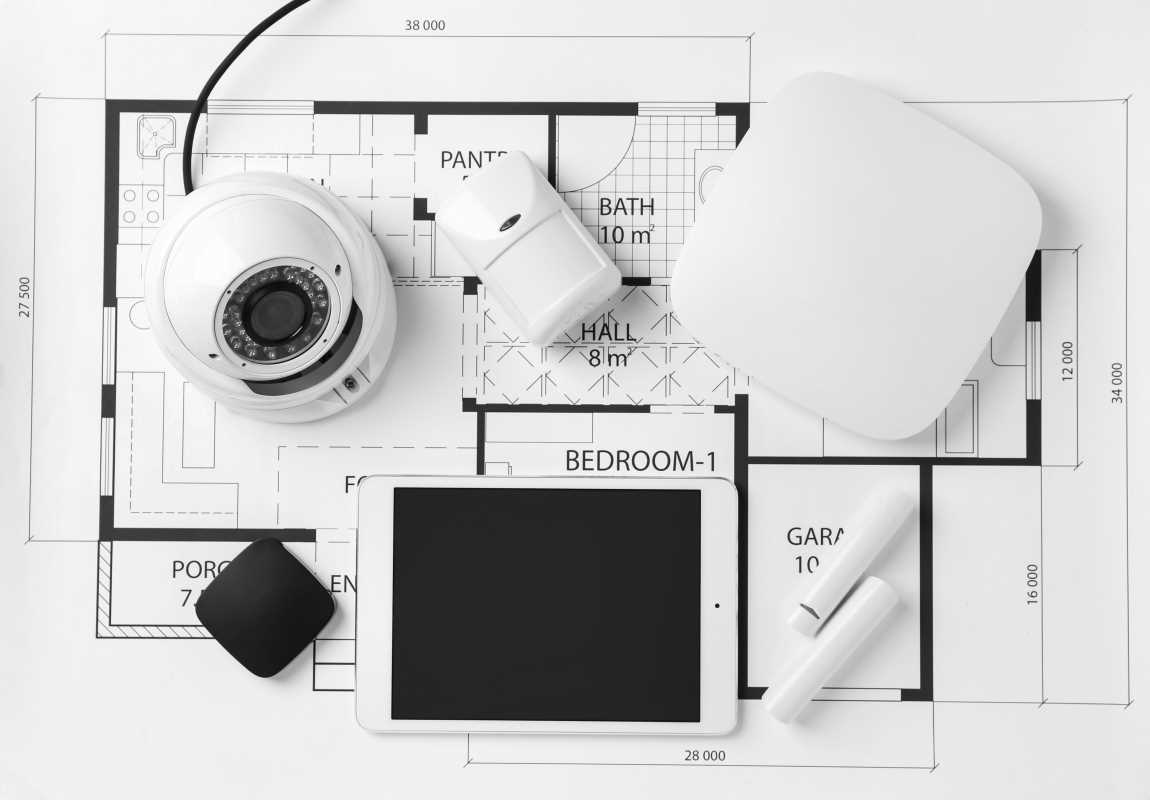Overcoming social anxiety can feel daunting, but incorporating outdoor activities into your routine provides a practical and enjoyable way to tackle it. Nature offers a calming environment that reduces stress, while group activities create opportunities to practice social interactions in a relaxed setting. Organizing outdoor activities not only helps ease anxiety but also brings new connections and confidence into your life.
Understanding Social Anxiety and Why Outdoor Activities Help
Social anxiety often stems from a fear of judgment or rejection, which can make social settings feel overwhelming. Outdoor activities provide an ideal solution because they shift the focus away from constant conversation and offer a neutral, low-pressure environment.
Nature itself has a calming effect, reducing stress and promoting a sense of well-being. Activities like hiking, picnics, or even a simple walk in the park combine the therapeutic benefits of being outdoors with opportunities to engage with others on your terms.
The goal isn’t to eliminate anxiety overnight but to create spaces where social interactions feel more manageable and enjoyable.
Starting Small with Low-Pressure Activities
The key to overcoming social anxiety is to start small and gradually build confidence. Begin with activities that don’t require a lot of interaction but still provide a chance to be around people. Examples include:
- Taking a solo walk in a local park during peak hours to get used to being around others.
- Joining a low-commitment activity, like an outdoor yoga class or bird-watching group.
- Inviting a close friend for a casual picnic where you feel comfortable and in control.
Starting with low-pressure situations allows you to ease into social settings without feeling overwhelmed. As you gain confidence, you can gradually increase the level of interaction and group size.
Organizing Small Group Events
Once you’re comfortable with smaller settings, organizing your own events can give you more control over the environment while allowing you to practice social skills. Hosting activities like a group hike, a game night in a park, or a casual potluck picnic creates opportunities for interaction in a setting you design.
Tips for planning successful small group events:
- Keep the group size manageable. Aim for three to five people to minimize pressure.
- Choose an activity with a focus. Activities like hiking or painting provide natural conversation starters.
- Set expectations. Let attendees know it’s a casual, low-key event to ease any shared anxiety.
Hosting your own events creates a safe space for yourself and others to connect. The process of planning and leading activities also boosts confidence.
Using Nature to Build Confidence
Nature-based activities are especially effective for reducing anxiety and fostering connection. The beauty of outdoor settings is that they naturally encourage movement and exploration, which can help distract from anxious thoughts.
Examples of confidence-building outdoor activities include:
- Hiking or trail walking: Enjoying scenic views while engaging in light conversation.
- Outdoor art projects: Painting landscapes or sketching in the park with a small group.
- Team-based activities: Organizing a friendly game of soccer or frisbee.
Nature has a grounding effect, helping you feel present and less focused on social worries. Additionally, the shared enjoyment of the outdoors creates natural opportunities for bonding.
Expanding Your Social Circle Through Outdoor Activities
Once you’ve established a routine with more minor activities, consider joining larger groups to meet new people. Community events, local clubs, and recreational leagues are all excellent ways to expand your social circle while staying active.
Here’s how to get started:
- Find meetups online: Websites like Meetup or Facebook Events list activities like group hikes, photography clubs, or running groups.
- Volunteer outdoors: Join efforts like park cleanups or tree-planting events to connect with others while giving back.
- Attend outdoor festivals: Local markets, concerts, or food festivals provide a lively atmosphere for casual interactions.
Shared interests make it easier to break the ice and create genuine connections. Over time, these new relationships can further ease feelings of isolation and anxiety.
Creating a Routine and Staying Consistent
Overcoming social anxiety requires consistent effort. Building a routine around outdoor activities ensures that you maintain progress while creating a sense of structure.
Steps to create a sustainable routine:
- Schedule weekly or biweekly outdoor activities in your calendar.
- Alternate between solo activities and group events to balance comfort and challenge.
- Reflect on your experiences after each activity, noting what went well and what you’d like to improve.
A consistent routine helps you stay accountable and builds confidence in social situations.
Celebrating Progress and Staying Motivated
It’s important to recognize and celebrate your progress, no matter how small. Each step forward—whether attending a group hike or initiating a conversation—is a victory in overcoming social anxiety.
Here’s how to stay motivated:
- Keep a journal to track milestones and reflect on positive experiences.
- Reward yourself after challenging activities, like treating yourself to a favorite snack or a relaxing evening.
- Share your achievements with a trusted friend or family member for encouragement.
Overcoming social anxiety is a journey, not a race. Staying patient with yourself and acknowledging your growth makes the process more rewarding.
Outdoor activities are a powerful tool for managing social anxiety. They provide a calming environment, foster meaningful connections, and offer opportunities to practice social skills at your own pace. Starting small, staying consistent, and embracing new experiences’ll build confidence and create a richer, more fulfilling social life.
 (Image via
(Image via





